Implants
“ A Permanent Solution for Missing Teeth “
Implants, in dentistry, refer to small, screw-like posts made of biocompatible materials, typically titanium, surgically placed into the jawbone to replace the root of a missing tooth. These implants then serve as anchors for artificial teeth, such as crowns, bridges, or dentures.
- Endosteal implants: These are the most common type of dental implant and are shaped like screws or blades. They are surgically inserted into the jawbone and allowed to fuse with the bone through a process called osseointegration. Once osseointegrated, the implant can support one or more artificial teeth.
- Subperiosteal implants: These implants are placed on top of the jawbone, directly beneath the gum tissue. They are typically used only in patients who do not have enough bone left in their jaw to support an endosteal implant.
- Zygomatic implants: These implants are used in the upper jaw, where there is often less bone available than in the lower jaw. They are anchored in the cheekbone, which is a strong bone that can provide good support for an implant.
Dental implants offer several advantages over other tooth replacement options, such as dentures and bridges:
- Improved appearance: Dental implants look and function more like natural teeth than other options.
- Improved speech: Dentures can sometimes slip and slide, which can affect speech. Dental implants are fixed in place and do not move, so they won’t affect your speech.
- Improved comfort: Dentures can be uncomfortable and require special cleaning solutions. Dental implants are permanent and do not require any special care beyond regular brushing and flossing.
- Improved oral health: Unlike bridges, which require healthy teeth on either side of the missing tooth to be shaved down to support the bridge, dental implants do not affect neighboring teeth.
- Durability: Dental implants are very durable and can last a lifetime with proper care.
However, dental implants are also more expensive than other tooth replacement options and require surgery. They are not suitable for everyone, and some people may not be good candidates for implants due to factors such as smoking, certain medical conditions, or insufficient jawbone.
If you are considering dental implants, it is important to consult with a qualified dentist or oral surgeon to discuss your options and determine if you are a good candidate for the procedure.
